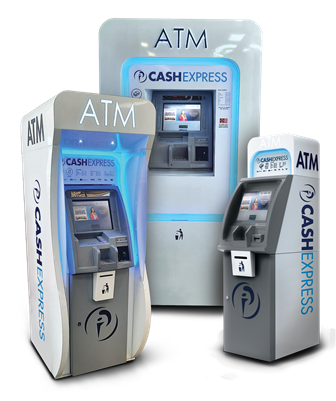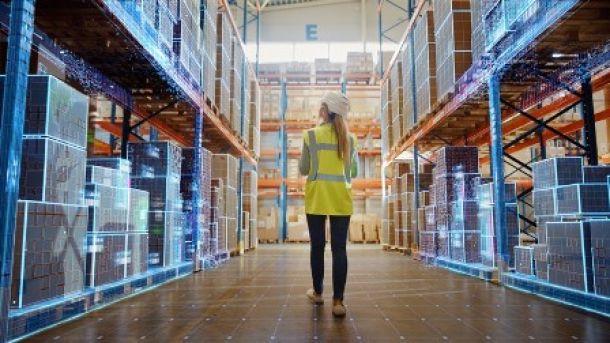The Vital Role of ATMs in South African Convenience Stores
Cash continues to power everyday transactions for millions across the nation.

Despite the rise of digital payments, cash continues to be the dominant payment method in South Africa, particularly in convenience stores. According to the South African Reserve Bank (SARB) Payments Study Report released in August 2024, 87% of South Africans use cash most often for their purchases, regfardless of hwat they buy. Cash makes up 56% of the number of payments across all categories, valued for its convenience (31%), ability to reduce bank charges (18%), and as a primary form of income for many (11%).
As South African banks have reduced the number of ATMs across the country, concerns are rising about the impact this will have on convenient access to cash for millions of citizens. According to recent media, the number of bank-operated ATMs has declined by more than 4,000 over the past four years, which could undermine financial accessibility, especially for underserved communities.
Wayne Abramson, CEO of ATM Solutions, stresses the importance of maintaining access to cash, particularly for a cash-dependent economy like South Africa. “Cash remains a meaningful part of the payments ecosystem, with many South Africans relying on it for everyday transactions and bill payments. The demand for cash and conveniently located ATMs remains strong.”

Independent ATM operators like ATM Solutions are stepping in to fill this gap. With over 4,500 Cash Express ATMs strategically located in rural, urban, retail, and hospitality sectors, ATM Solutions ensures that cash is easily accessible, even in underserved areas. These ATMs support a wide variety of transactions, including withdrawals from local and international bank accounts, SASSA cards, and mobile wallets such as Vodapay and MTN Momo. By bridging the gap between cash and digital wallets through innovations like the CryptoExpress app, ATM Solutions is adapting to the evolving payment landscape while continuing to meet the high demand for cash.
Convenience stores, in particular, benefit from having ATMs on-site. They provide customers with the ability to withdraw cash while shopping, increasing foot traffic and ensuring a higher level of convenience for consumers. Research from the FinScope Consumer South Africa 2023 Survey highlights that 94% of the population withdraws cash monthly, with 34% withdrawing all their deposited funds at once. This reflects the importance of having ATMs conveniently located where people shop and transact, ensuring that financial services are within reach.
Abramson adds that consumer choice is at the heart of this approach. “We’re not just advocates for cash — we’re advocates for our customers. Our goal is to empower them with the tools they need to transact in the way that best suits their lives, whether through cash, digital platforms, or both.”
As South Africa’s banks reduce their ATM footprint, independent providers like ATM Solutions are stepping up to ensure access to cash remains a reality, especially in communities where it’s needed most. Through a focus on convenience, accessibility, and customer empowerment, ATMs remain a critical pillar in keeping South Africa’s cash-driven economy alive and thriving.
Related Articles

Staycold International Extend Their Carbon Edit...

SAPICS announces “Innovation in Motion” theme f...

A concrete, ROI-driving approach to AI in suppl...



